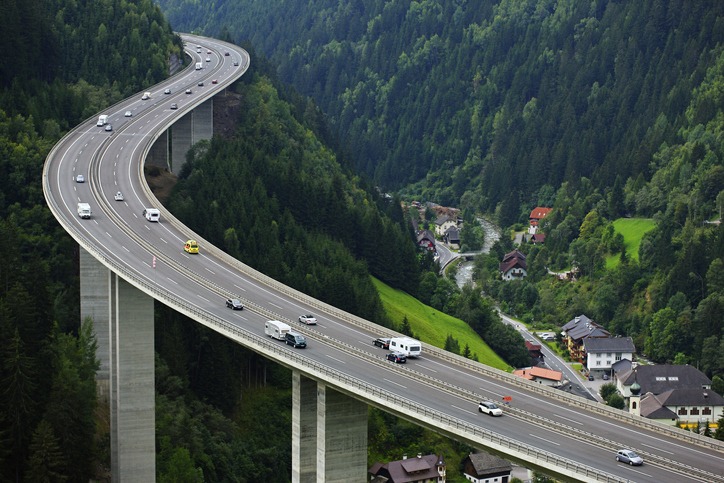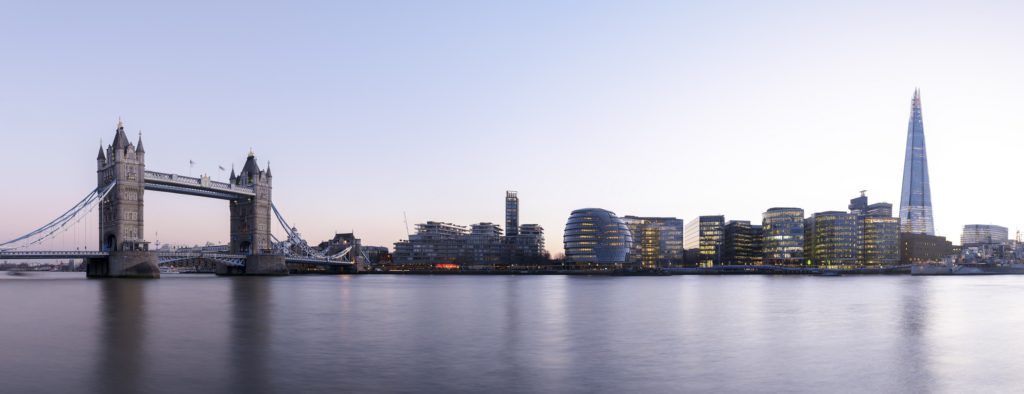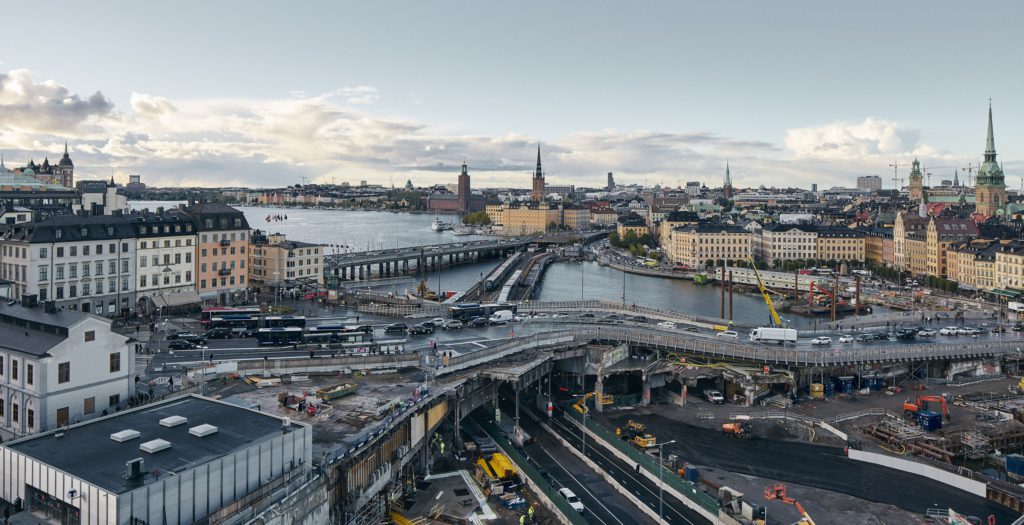Austria seeking to ban new-ICE registrations by 2030
20 July 2021

Austria is considering a ban on the sale of new internal-combustion engine (ICE) models from 2030, five years before the European Commission’s Fit for 55 proposals.
The country is aiming to be climate-neutral by 2040, and has set out plans to reduce emissions from the transport sector as part of its 2030 Mobility Masterplan. This outlines the path that road, rail, air and sea travel will need to take in order to help the country meet its objectives. The plan is the first comprehensive strategy for the country’s mobility market since 2012.
Since then, much has changed. Mainstream society has become more aware of the climate crisis, even more advancements in digitalisation have been made, and the COVID-19 pandemic has made people think about how they travel. Yet the federal government’s priorities remain the same as they were back then: Transport must be social, safe, environmentally-friendly and efficient. It must also help towards the 2040 climate-neutrality target, meeting the requirements of the Paris Agreement.
Banning ICE
Therefore, the document proposes that new registrations in Austria must be limited to zero-emission vehicles ‘no later than 2030’. However, if ambitious new CO2 emissions targets are set, the government believes an earlier date for a ban could be achieved. A ban would cover cars, motorcycles and light-commercial vehicles and could be formally announced next year.
We will only manage the transformation if we use all alternative drives and fuels. That is why we need technology diversity, and we have to promote hydrogen and eFuels, among other things.
Alexander Klacska, chairman of the federal transport and traffic division in the Austrian Chamber of Commerce (WKÖ)
In addition to these rules, new registrations of taxis, rental cars and car-sharing vehicles will be allowed only for zero-emission vehicles beginning in 2025. Car-sharing parking in public spaces will be available for zero-emission vehicles only starting in 2027.
These ambitious targets will require a package of additional measures. Examples of taxation measures include “greening”, the special treatment of company cars and standard fuel-consumption tax, and carbon pricing beginning in 2022. These fiscal measures could be supplemented with incentives for the purchase of vehicles for private individuals and companies.
The document also highlights that increasing the number of battery-electric vehicles (BEVs) in use goes hand in hand with expanding the public and private charging infrastructure. Targets for expansion and measures will be presented by the end of 2021. Additionally, obstacles in housing law will be eliminated to facilitate the building of private charging infrastructure in multi-family residential construction (the ‘right to plug’), while support will continue to expand the public charging infrastructure.
Mixed reactions
‘Austria has the best prerequisites to play at the forefront in this transition and not just to remain average. As early as June, we were among the European leaders in terms of new registrations with 13.9% of sales running on electric,’ says Hermann Weratschnig, traffic spokesman for Austria’s Green Party. ‘The expansion of the charging infrastructure is also progressing, the ‘right to plug’ in the residential complex will help us decisively in the years to come.’
However, there are questions about how a blanket ban will affect the drive to carbon-neutrality. ‘We will only manage the transformation if we use all alternative drives and fuels,’ added Alexander Klacska, chairman of the federal transport and traffic division in the Austrian Chamber of Commerce (WKÖ). ‘That is why we need technology diversity, and we have to promote hydrogen and eFuels, among other things.’
Yet the proposals have not found favour with all. Hermann Fichtinger, spokesperson for the vehicle trade in the Freedom Party, stated: ‘It is impossible to expand the charging stations, access to them, to switch the power supply and the production facilities of the automotive industry in eight years. Austria’s share of CO2 is 0.2% worldwide. There is no reason to want to undercut the already completely absurd EU target 2035 by another five years.’
Emission-free motoring
Currently, Norway is the earliest country banning new ICE models, bringing in legislation for 2025. Austria would join the UK, Slovenia, Sweden, the Netherlands, Iceland, Ireland, and Denmark to ban ICE cars by 2030.
France and Spain are to bring in bans by 2040. However, these plans are likely to change following the announcement of the European Commission’s Fit for 55 proposals. These will seek a reduction in CO2 emissions from passenger cars, of 50% by 2030 and 100% by 2035, effectively ending the ICE age.



